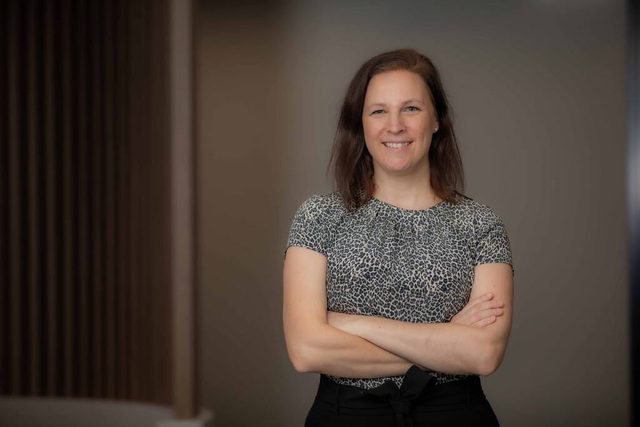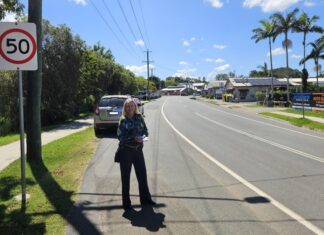A University of the Sunshine Coast neuroscientist who is finding ways to reduce the risk of dementia in older people through lifestyle changes was last night named a Queensland Young Tall Poppy.
Dr Sophie Andrews, who leads the Healthy Brain Ageing Program at Gympie’s UniSC Thompson Institute, was one of 16 winners in the prestigious statewide science awards.
Studies by the UniSC Senior Research Fellow have found that lifestyle has detectable impacts on brain health many years before a person shows any sign of dementia, a university spokesperson said.
“Some people may not realise that our risk for developing dementia isn’t just in our genes,” Dr Andrews said.
“A significant 30 to 50 percent of our risk is attributed to factors that we have some control over – like exercise, diet, and mental health.
Dr Andrews uses the latest neuroscience techniques including MRI (magnetic resonance imaging), EEG (to measure electrical activity in the brain) and TMS (a non-invasive method of stimulating the brain).
One of her recent MRI studies found that healthy older adults with lower dementia risk due to their healthy lifestyles had larger white matter tracts (the brain’s super-highways) than those with higher risk.
She said she was surprised and honoured to receive the award in recognition of her work, which ultimately aims to reduce Australia’s $3.7 billion annual spending on health and aged care.
UniSC Deputy Vice-Chancellor (Research and Innovation) Professor Ross Young congratulated Dr Andrews on the award and her cutting-edge work to address health issues in an ageing population.









